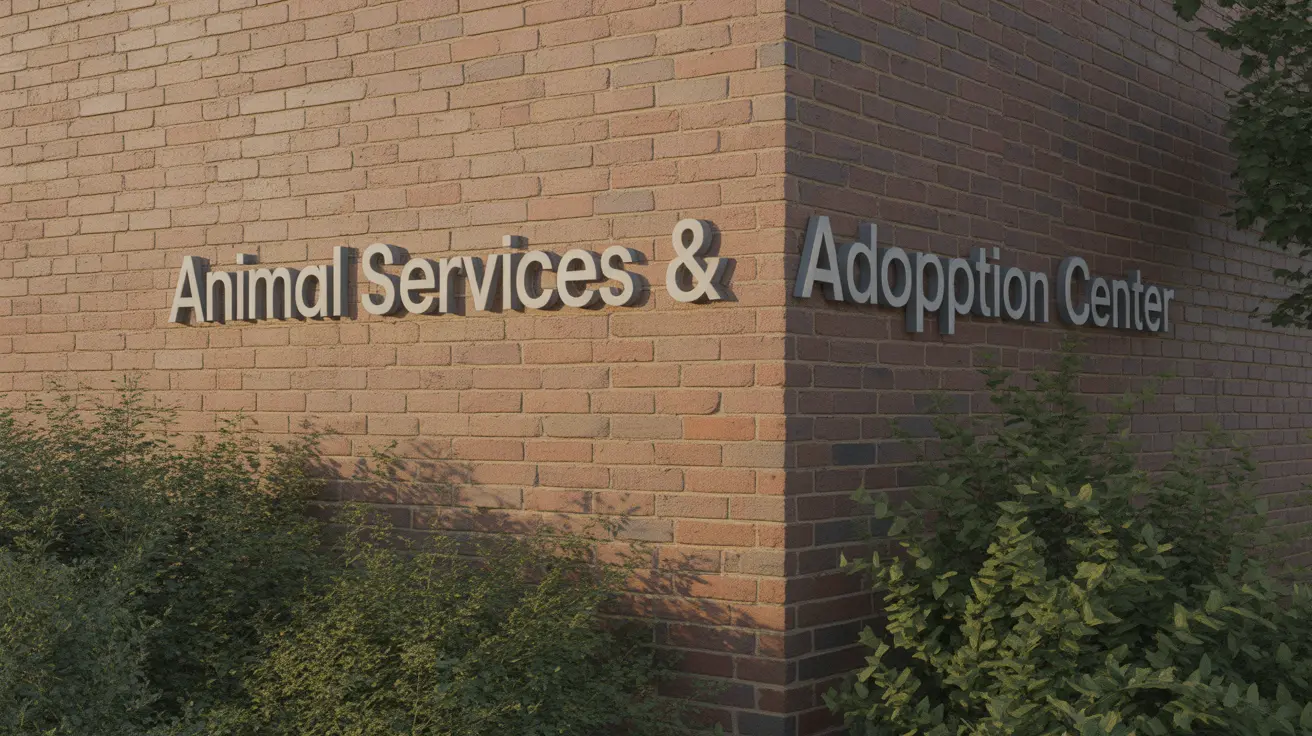When Should You Be Concerned About Your Dog Sneezing?
Dogs sneeze for many reasons, and while the occasional sneeze is usually nothing to worry about, certain signs may indicate a more serious health issue. Understanding the causes, symptoms, and when to seek veterinary attention can help you keep your canine companion healthy and ensure timely treatment when needed.
Common Causes of Dog Sneezing
- Environmental Irritants: Dust, pollen, smoke, cleaning agents, air fresheners, perfumes, and other strong odors can irritate your dog's sensitive nose, triggering sneezing.
- Allergies: Dogs can suffer from seasonal and food allergies. In addition to sneezing, symptoms may include watery eyes, itchiness, excessive licking, or chewing on their fur.
- Playful Sneezing: Some dogs sneeze during play as a form of communication. This is normal and generally not a cause for concern.
More Serious Triggers of Sneezing in Dogs
- Foreign Objects: Grass seeds, blades of grass, dirt, or small debris lodged in the nasal passage can cause violent, persistent sneezing. Dogs that spend time outdoors are more prone to this.
- Nasal Infections: Bacterial, viral, or fungal infections can cause sneezing along with colored or bloody nasal discharge, coughing, wheezing, loss of appetite, and lethargy.
- Dental Diseases: The roots of a dog’s upper teeth are close to the nasal passages. Infections or tooth abscesses can trigger sneezing, often accompanied by nasal discharge and bad breath.
- Nasal Mites: These parasites can infect dogs, particularly those that dig in the dirt. Intense sneezing, nasal discharge, itchiness, and head shaking may result.
- Nasal Tumors: Although rare, tumors or polyps are a possibility. Older dogs are more at risk, and symptoms include persistent unilateral discharge, facial swelling, and deformity.
Reverse Sneezing: When Is It Normal?
Reverse sneezing is common in small and brachycephalic breeds. It involves rapid inhalation that creates honking or snorting sounds. Often triggered by excitement or strong odors, episodes are short-lived and usually harmless. If frequent or accompanied by other symptoms, veterinary evaluation is recommended.
When to Contact a Veterinarian
Seek veterinary attention if your dog exhibits any of the following:
- Persistent, frequent, or uncontrollable sneezing
- Thick, colored, or bloody nasal discharge
- Pawing at the nose or face, signs of nasal discomfort
- Facial swelling or disfigurement
- Coughing, wheezing, or noticeable breathing issues
- Lethargy, fever, or loss of appetite
- Changes in sneezing pattern, especially if sudden or severe
Diagnostic Methods
Veterinarians may use a variety of tools to diagnose the cause of sneezing in dogs, including:
- Physical exams focused on nose, mouth, eyes, and lungs
- Blood tests and imaging (X-ray, CT, MRI)
- Nasal swabs, rhinoscopy, or nasal flushing
- Biopsies if tumors are suspected
Treatment Options
Treatment depends on the underlying cause. For example:
- Allergies: Reduce exposure and possibly prescribe antihistamines or special diets.
- Infections: Administer appropriate antibiotics, antifungals, or antivirals.
- Dental disease: Address with cleanings, extractions, or root treatment.
- Nasal mites: Use antiparasitic medication.
- Tumors: May require surgery, chemotherapy, or radiation.
Never use human medications on your dog without veterinary guidance. Some common OTC drugs can be dangerous or fatal to pets.
Prevention Tips
- Minimize exposure to airborne irritants and harsh smells
- Inspect your dog’s nose and face after outdoor activities
- Schedule regular dental checkups
- Attend routine wellness exams
- Monitor for any changes in sneezing, discharge, or behavior
In conclusion: Occasional sneezing in dogs is often benign, especially if triggered by play or mild irritants. However, persistent or severe sneezing—especially when paired with other symptoms—should never be ignored. Your veterinarian is the best person to determine whether your dog's sneezing is a harmless quirk or a sign of a deeper issue.





